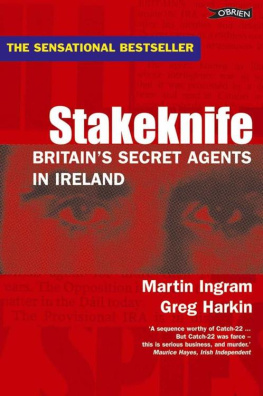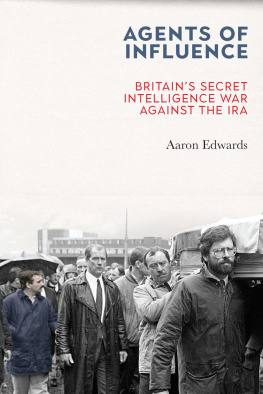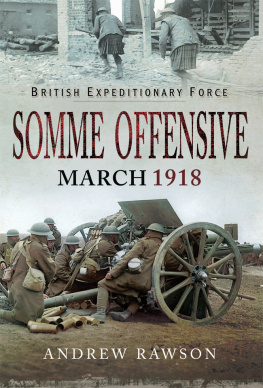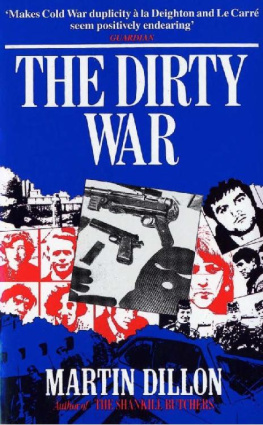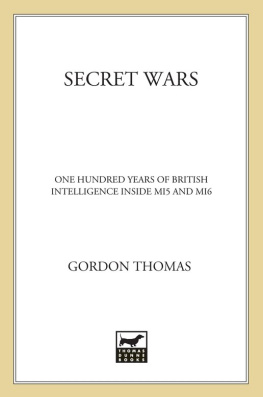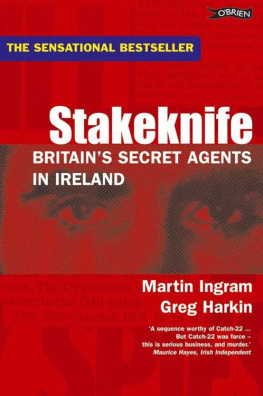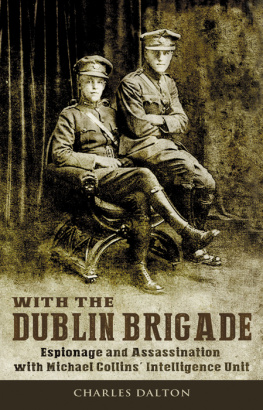The authors wish to thank everyone who cooperated in any way in the writing of this book. Many of them, for security reasons, do not want to be named. They know who they are. We would particularly like to thank The OBrien Press for their courageous approach to this book.
Introduction
Martin Ingram
This book is about secrets, secrets the British Ministry of Defence (MOD) would prefer were not made public. But some secrets are too serious to keep under wraps. Some need to be exposed so that such things will never happen again.
In discussing the secret matters in this book the reader will continually demand evidence. The evidence I bring to this book is my own history, my activities within the Force Research Unit (FRU), the unit set up to handle agents and double agents in the context of conflict in Northern Ireland. I spent seven years working for the FRU in Northern Ireland. We were a small, tight-knit bunch in the FRU. We worked together, drank together, played football together. We were each others support system. Inevitably we talked about our work though each case was meant to be kept secret. My many conversations with my colleagues led me to know the details of most of the cases being handled by the unit. Usually, several of us worked with each agent as this eliminated problems if someone needed to be moved suddenly for security or other reasons. This is the background I bring to this book.
The book is confessional in nature. It is with the intention of speaking out for the sake of a better future that I am revealing things I came across in my work within intelligence-gathering. Certain activities of the FRU have sickened me. I want them aired in public. I feel this is right and necessary. I bring an insiders perspective to bear on situations and incidents tracked and written about by many others. I am simply adding the authenticity of that insider knowledge, adding weight and personal experience, which increases the weight of evidence to the claims of others.
The MOD employs people whose only role in life is to make sure that information released to the media is controlled. For my part I believe genuine secrets deserve to be protected, acquiescence in murder does not.
This book is the culmination of a number of years work, work which is to be ended once I have promoted this book. Not because the job is finished, because clearly it is not, but because I made a solemn promise to my wife two years ago that normality would be returned to our lives once this book was published. This means no more helping so-called police inquiries, like Stevens 3, Bloody Sunday or Barron, or indeed any other inquiries which may or may not be established in the future. All contact with the media will also be stopped, except where a genuine friendship has been built with a journalist.
My wife, who herself is a nationalist from a deeply republican family, has been a pillar of strength and support. However, even her patience was tested when our home was broken into a number of years ago, and an early working manuscript for this book was taken. It was, within days, being presented to a High Court hearing in London with the aim of securing a conviction against me under the draconian Official Secrets Act. Thankfully, that action failed due in no small part to my brilliant lawyer Peter Binning and to the Sunday Times newspaper, which graciously and unwaveringly funded that legal advice.
My wife was incandescent with rage at the audacity of the British; she could not believe the lengths that a government will go to. The Irish Government was informed of these developments through the good offices of Jane Winters, Director of British Irish Rights Watch and a trusted confidant. The Irish Government, who granted me Irish citizenship some years ago, were, to their credit, willing to raise the matter immediately at an intergovernmental meeting. I declined that offer, principally out of self-interest the circle of knowledge regarding Martin Ingrams place of residence is restricted, and I am very aware that the British Government really does not consider the sovereignty of the Irish state to be of any great significance. So what was there to be gained, except to place overt pressure on the fledgling peace process and highlight my vulnerability? A compliant newspaper in the UK has since published the fact that I reside within the Irish state for what reason, I will leave the public to decide. My promise to my wife will be honoured, unless the British state increases the stakes and continues to pursue an action in respect of any allegations of breaches of the Official Secrets Act. I believe that the disclosures contained in this book are in the public interest.
The first steps towards this book can be traced to a phone call I made in 1999 to Liam Clarke, a journalist with the Sunday Times . This call was in response to an article Liam had written regarding the RUC and its involvement in the murder of the Belfast solicitor Patrick Finucane. We decided to write some articles together. Liam and the Sunday Times were viewed with more than a degree of suspicion by the republican community and initially the early articles written under my pseudonym, Martin Ingram, were viewed with much scepticism by them. It was not until both Liam and I were arrested by the British Special Branch for alleged offences under the Official Secrets Act that the scepticism waned. Today, I believe, republicans, both mainstream and dissidents, know that Martin Ingram is being truthful when he maintains that the British State organised and participated in state-sponsored murder; they accept that he believes passionately that those acts were wrong and that we must all help expose those crimes in order to learn from the mistakes of the past. The Unionist community was and remains dismissive.
I have written numerous articles over the years published in the Guardian, Irish News, Andersonstown News and elsewhere, but this is the first time I have had the space to give my whole story.
Obviously people will be suspicious of a whistleblower and I perfectly understand that suspicion. On entering this arena I was like a lost lamb, just feeling my way and trying to help clarify certain issues. I honestly had no intention of staying in this role for any length of time. In hindsight that was a poor judgement call. Unfortunately the MOD raised the stakes: through the States Treasury Solicitor they applied and were granted an ex parte injunction against me under my real name, not my pseudonym, Martin Ingram. This injunction was gained without my knowledge. To be honest, that one act alone galvanised me into taking on the system and confirmed me in my conviction that it was worthwhile exposing what I know about certain incidents. At that moment I decided to stick it out, however difficult it might become. My reaction to the injunction was a mixture of petulance and anger at the audacity of the State to try to control information which, frankly, was of limited value to any potential enemy of the State.

